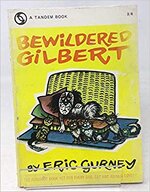Serra K
Colony Member
I'm interested to hear about the stories of your childhood. Name three that shaped you and helped you to become the person you are today. I'll start.
The Dark Crystal
Brother Night
The Lord of the Rings
Your turn
The Dark Crystal
Brother Night
The Lord of the Rings
Your turn

